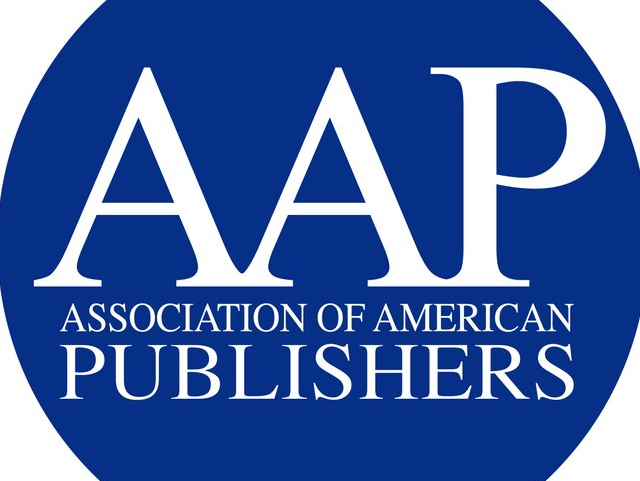
On Thursday 9 December, the Association of American Publishers (AAP), the national trade association for the U.S. publishing industry, filed suit against the Maryland Attorney General seeking to enjoin and overturn an unconstitutional Maryland law that directly conflicts with the federal Copyright Act by forcing any publisher, domestic and foreign, to make their literary works available to Maryland public libraries in electronic book and audiobook formats according to timing, pricing, and other terms mandated by the state under threat of penalty.
The AAP statement notes that law is slated to take effect on January 1st, 2022, the Maryland law gives libraries unprecedented control over basic copyright transactions that are clearly reserved to those who write, develop, invest in, distribute, and make publicly available the invaluable array of novels, biographies, historical and political works, poetry, scholarship, and course materials that are the mission of publishing, and which together fuel entertainment, human empowerment, and scientific progress on a global basis. In seeking to regulate books, Maryland disregarded the testimony of publishers and authors, established law, and market facts.
Maryland Act Preempted by Federal Law
“Maryland does not have the constitutional authority to create a shadow copyright act or to manipulate the value of intellectual property interests,” commented Maria A. Pallante, President and CEO of the Association of American Publishers and former head of the United States Copyright Office. “It is unambiguous that the U.S. Copyright Act governs the disposition of literary works in commerce—and for that matter, all creative works of authorship. We take this encroachment very seriously, as the threat that it is to a viable, independent publishing industry in the United States and to a borderless copyright economy.”
The complaint, filed in federal court in Maryland, argues that the Maryland law is preempted by the United States Copyright Act, unconstitutionally interferes with interstate commerce, and violates the Constitution’s Due Process clause by mandating vague and unspecified licensing requirements.
The suit has been supported by a number of organisations:
Authors Guild Supports AAP’s Lawsuit to Enjoin Maryland’s Ebook Licensing Law
https://www.authorsguild.org/industry-advocacy/support-for-aaps-lawsuit-to-enjoin-marylands-library-ebook-licensing-law/
Statement: News Media Alliance Supports AAP’s Suit to Protect Copyright
https://www.newsmediaalliance.org/statement-news-media-alliance-supports-aaps-suit-to-protect-copyright/
Copyright Alliance Commends AAP for Opposing State of Maryland’s Unconstitutional E-Book Licensing Mandates
https://copyrightalliance.org/press-releases/aap-opposing-marylands-unconstitutional-e-book-licensing-mandates/
The full complaint can be found here. Original AAP statement here.
AAP is represented by Oppenheim + Zebrak LLP.
About AAP
AAP | The Association of American Publishers represents the leading book, journal, and education publishers in the United States on matters of law and policy, advocating for outcomes that incentivize the publication of creative expression, professional content, and learning solutions. As essential participants in local markets and the global economy, our members invest in and inspire the exchange of ideas, transforming the world we live in one word at a time. Find us online at www.publishers.org or on Twitter and Instagram at @AmericanPublish.

